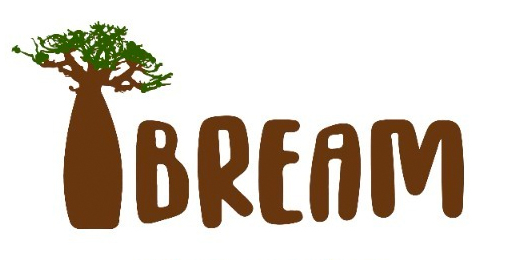Not all scientific research takes place in hi-tech laboratories. In the Bale mountains in Ethiopia, our researcher, Freya van Kesteren is living in a home-made tent, working at high altitude and walking many miles per day in her efforts to understand the reproductive biology of the Ethiopian Wolf.
Freya spends from late August through to February, the period that covers the wolves’ mating and breeding season and the first few months of the new born pups’ lives, in the field. During that time she follows her chosen wolf packs and collects fresh fecal samples from the females, storing them for when she returns to the lab in Europe to analyse the reproductive hormone levels. She also notes the behaviour and state of the wolves she has taken the samples from so that she can correlate hormone levels with reproductive stages such as oestrus, conception, pregnancy, birth and lactation.
Freya’s studies are building knowledge that would be essential for assisted breeding of the Ethiopian Wolf. And it looks increasingly likely that this strategy will be needed to save the species from extinction.

